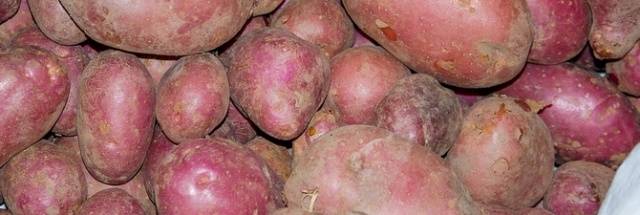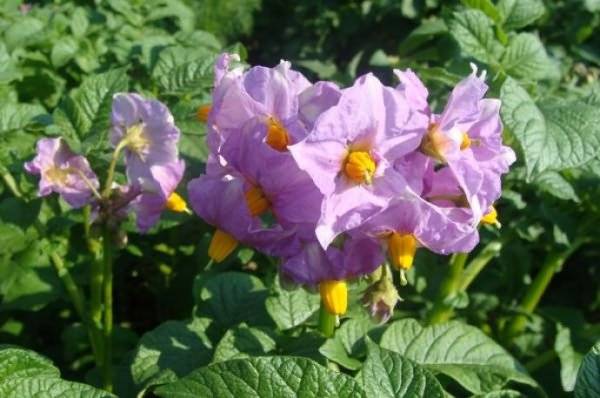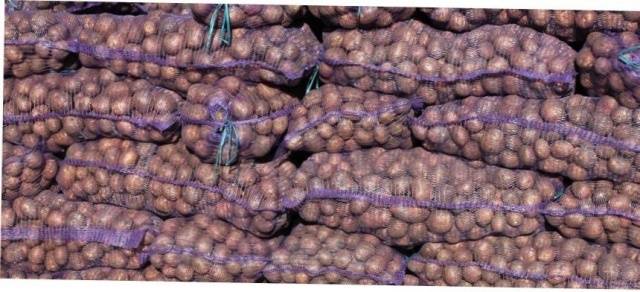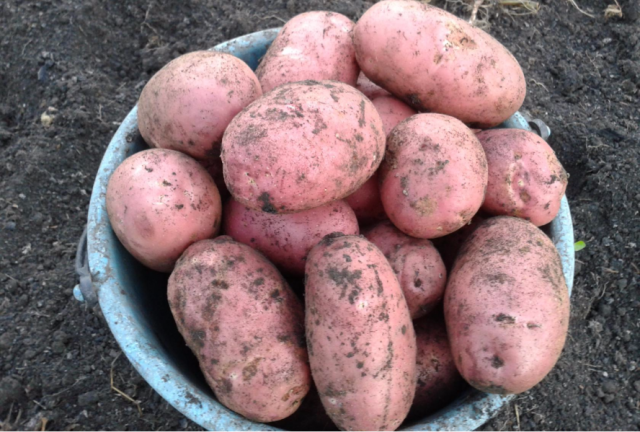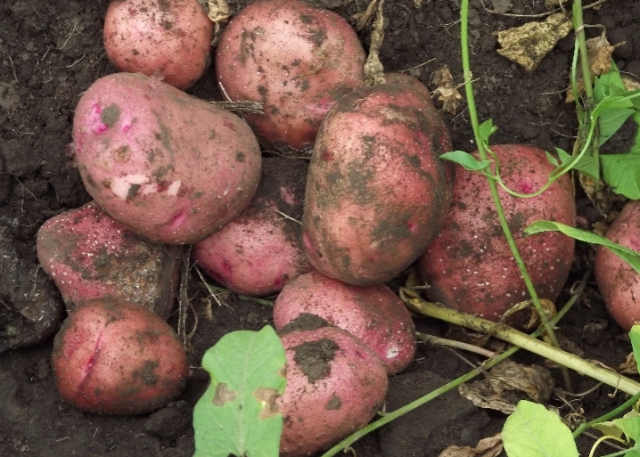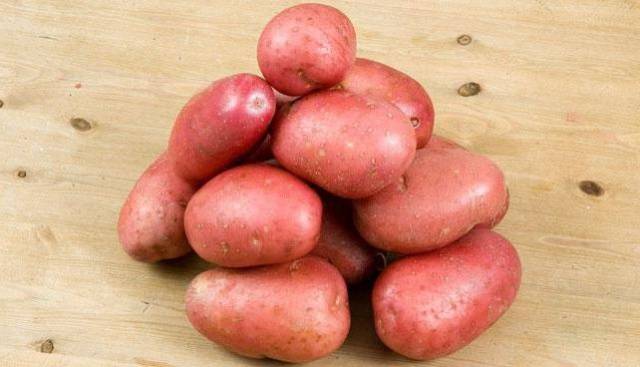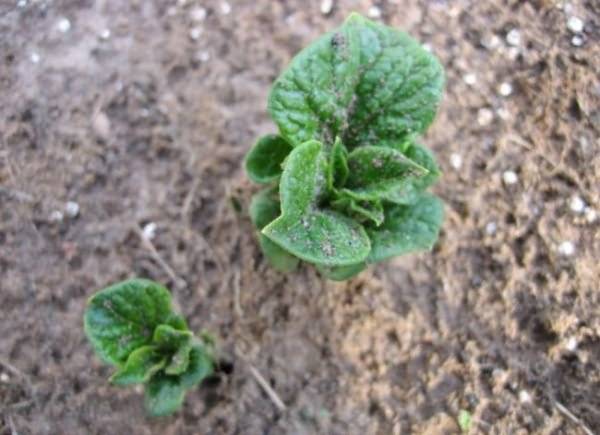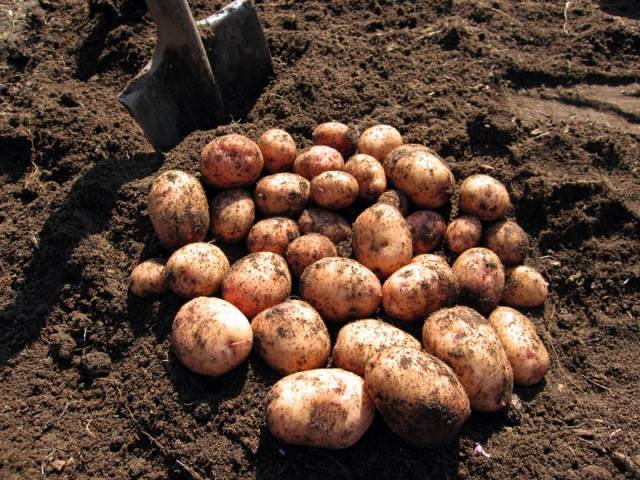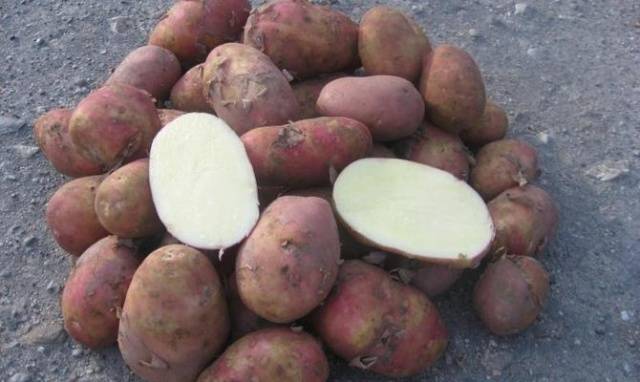Content
Holland is considered to be an exemplary agricultural country. It is not for nothing that Dutch tulips and other flowers are considered to be the best; Dutch varieties of vegetables are very popular all over the world. Yes and Dutch potato varieties have always been famous for their yield and resistance to infections. But not only Holland can boast of its potatoes. For Belarus, potatoes are almost a national symbol. And, of course, the potato varieties bred in Belarus are not much inferior to their Dutch counterparts.
Zhuravinka's potatoes are a clear example of what Belarusian breeding in potato growing can achieve. Many indicators of this variety, such as yield, disease resistance, keeping quality, are quite at the level of world standards.
Description of the variety
It is logical to begin the description of the Zhuravinka potato variety with the history of its creation. The variety was bred by Belarusian breeders in collaboration with Russian farmers from the Niva farm more than 10 years ago. In 2005, he was registered in the Russian State Register of Breeding Achievements. The patent was issued at the RUE SPC NAS of Belarus for potato and horticultural production. The Zhuravinka variety was recommended for use in the North-West, Central and Volgo-Vyatka regions. Thus, this potato is zoned everywhere from the Vologda Oblast to the Perm Krai. However, thanks to the versatility and many valuable qualities of this variety, it is successfully grown in other regions of our country.
The bushes of Zhuravinka potatoes themselves are low, the shoots are strong, erect. The leaves are small in size with fairly well-defined veins, while the anthocyanin color predominates at the central vein. A slight waviness runs along the edge of the leaves. Each bush forms up to six stems.
The inflorescences are large and beautiful, the corollas are purple-red. Berries with seeds are rarely formed. Seedlings when planting appear very amicably, and the aerial part in the first period of development grows very intensively. The root system also develops rapidly in the first month after planting.
Variety characteristics
The potato variety Zhuravinka is medium late, which means that it usually takes from 90 to 110 days from planting to harvest.
Productivity is one of the greatest advantages of the Zhuravinka variety. On average, it is about 400-600 centners per hectare. But it is known that it is quite realistic to receive up to 700 centners. This figure is quite comparable with the yield indicators of the best potato varieties from Holland.
It is important that, other things being equal, we can talk about the stability of such yield indicators. That is, it does not depend as much on environmental conditions as in other potato varieties.
If we talk about such a characteristic of potatoes as its preservation, then here the indicators are also at a high level. The keeping quality of tubers is estimated at 96%, which means that by spring only about 4% of potato tubers are in poor condition. The rest do not lose their commercial characteristics and when used for food, they practically do not differ from tubers freshly picked in autumn.
An important positive feature of the Zhuravinka variety is that the tubers tolerate mechanical damage well.
Separately, it is worth emphasizing the rather high resistance of this potato variety to various diseases.It completely resists potato crayfish and golden nematode, shows sufficient resistance to damage by scab, black leg and some viruses, as well as late blight of tubers. Resistance to rhizoctonia and late blight of the aerial part is low.
Tuber characteristics
The tubers of this variety are quite varied in appearance.
- The shape can be either oval-round or just round. The surface of the tubers is smooth, and sometimes it is embossed, covered with a kind of mesh.
- The peel has a pronounced red color, while the flesh is light yellow.
- The eyes are small, evenly distributed over the surface of the tuber.
- The tubers of this variety, the photo of which is presented below, are quite large, up to 300 grams.
Although the average size ranges from 92 to 145 grams. - By the amount of starch in tubers, the Zhuravinka variety is also a leader. Its content can vary from 14.8 to 20%. With such a high starch content, the tubers of this variety can well be used for industrial processing and production of potato starch. The pulp of Zhuravinka potatoes does not darken after heat treatment and boils well.
- The taste of potatoes is excellent. A wide variety of dishes can be prepared from Zhuravinka. This variety is used in the industrial production of potato chips.
- The marketability of the variety is also quite good, from 83 to 97%. This indicator determines the number of tubers suitable for consumption when digging potatoes.
Growing features
The preparation of Zhuravinka potato tubers for planting does not fundamentally differ from other varieties. As a rule, a few weeks before planting, the tubers are removed from the storage area, sorted out and laid out in boxes for vernalization. Since resistant potato varieties to the Colorado potato beetle have not yet been invented, it is possible to process the tubers before planting with Prestige or Commander preparations. This will increase the degree of protection of potato plants from colorado and other pests several times. True, the protection usually acts only before flowering; subsequently, it will be necessary to carry out treatment with any suitable insecticide at least once again.
Soils for growing Zhuravinka potatoes are suitable for any, but this variety has a negative attitude towards an excess of nitrogen fertilizers in soils, so it is better to underfeed than overfeed.
Zhuravinka potatoes grow well only in areas fully illuminated by the sun. This factor must also be taken into account when choosing a place for planting potatoes.
Due to the large number of tubers in the bush, planting potatoes must be done more sparsely than for other varieties. The row spacing should be at least 60 cm, and it is better to leave 70 cm. In this case, it will be possible to carry out a full hilling of the bushes. Their ventilation will increase and each bush will eventually receive more sunlight, which will definitely have a beneficial effect on productivity. In the case of a usual thickened planting, Zhuravinka potato bushes will in any case please with a large number of tubers. But the size of these tubers will be so small that it will be more rational to use it as animal feed.
Zhuravinka potatoes emerge very amicably and are distinguished by powerful and rapid growth of both aboveground and underground parts, in the first month of their development. It is during this period, before flowering, that additional moisture is very desirable for him. And although it tolerates short-term periods of drought, this cannot but affect the yield.
Interestingly, the increased moisture content in the soil is also not very popular with Zhuravinka's potatoes. In such conditions, outbreaks of diseases are possible, therefore, if the summer is too rainy, then preventive treatments with fungicides, for example, Fundazol, are necessary.
Reviews of gardeners
Gardeners all over Russia like to plant Zhuravinka potatoes, so there are many reviews, and they are different, but generally positive.
Conclusion
Although Zhuravinka's potatoes came to Russia from Belarus, they are quite popular throughout the country because of their yield and excellent taste.
